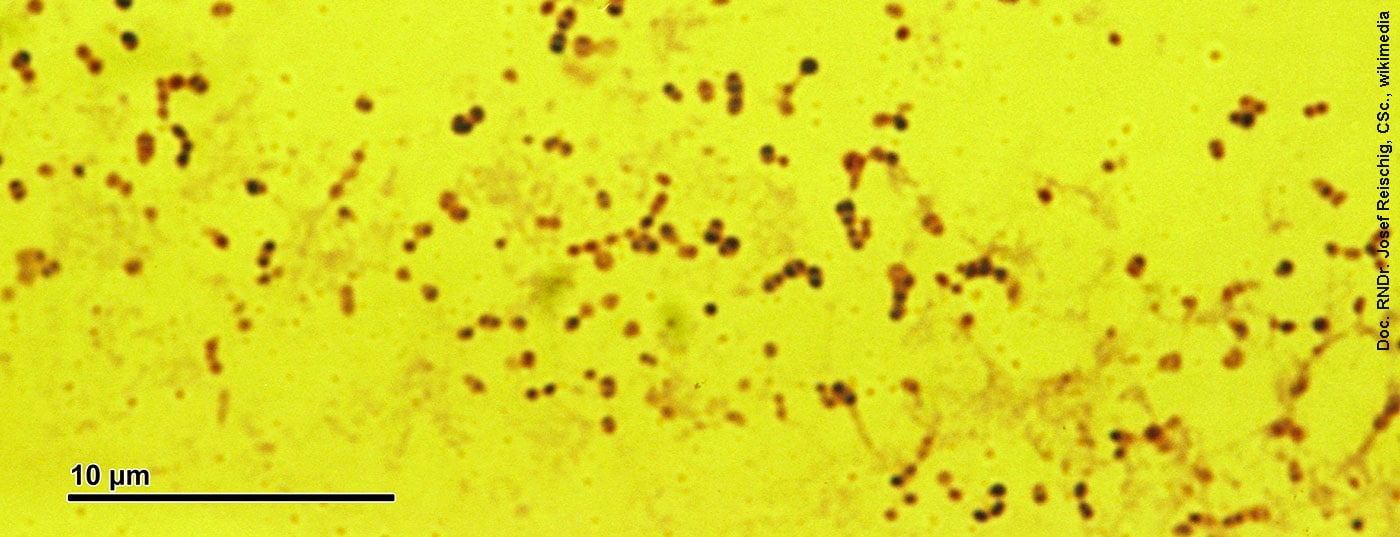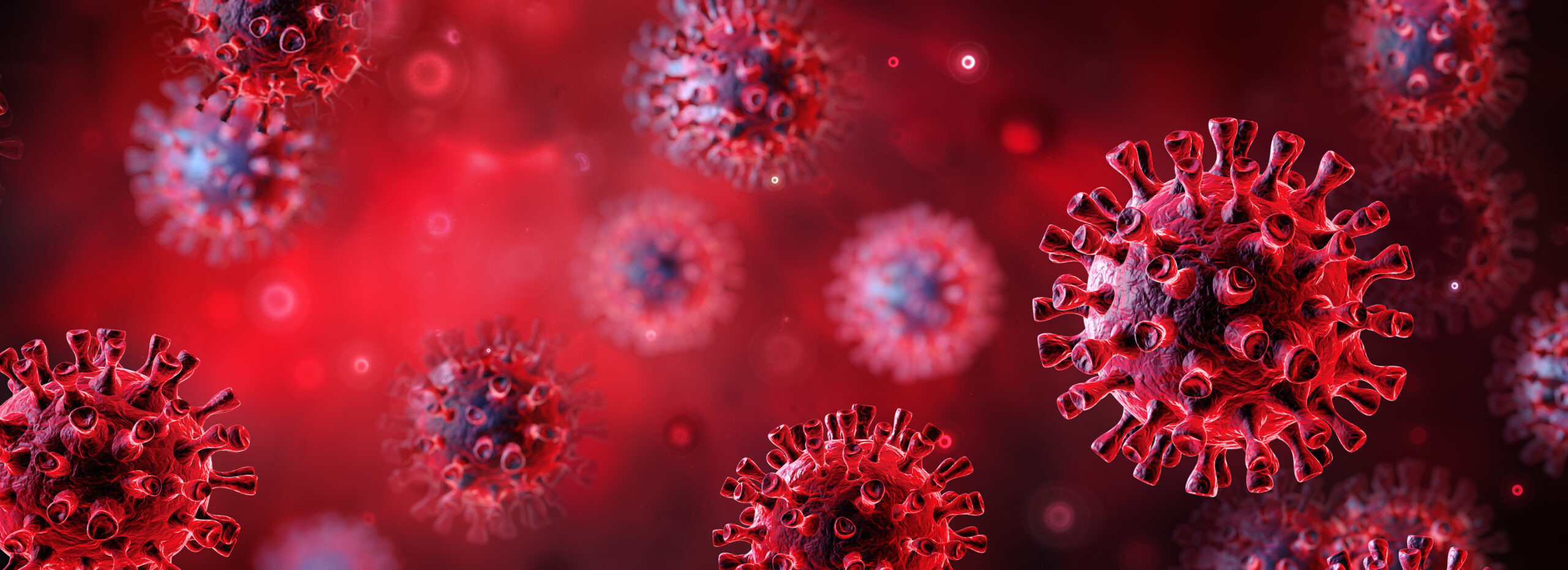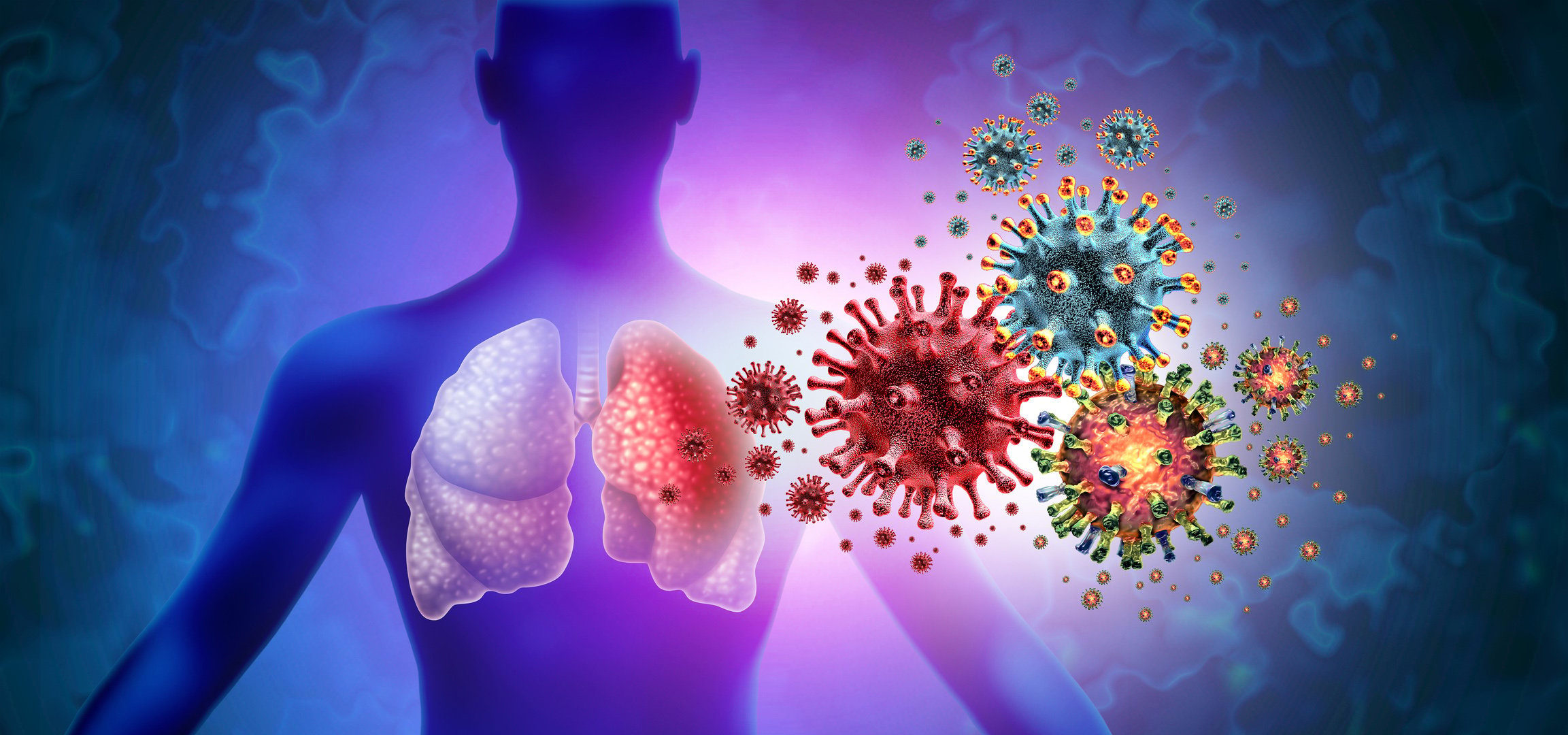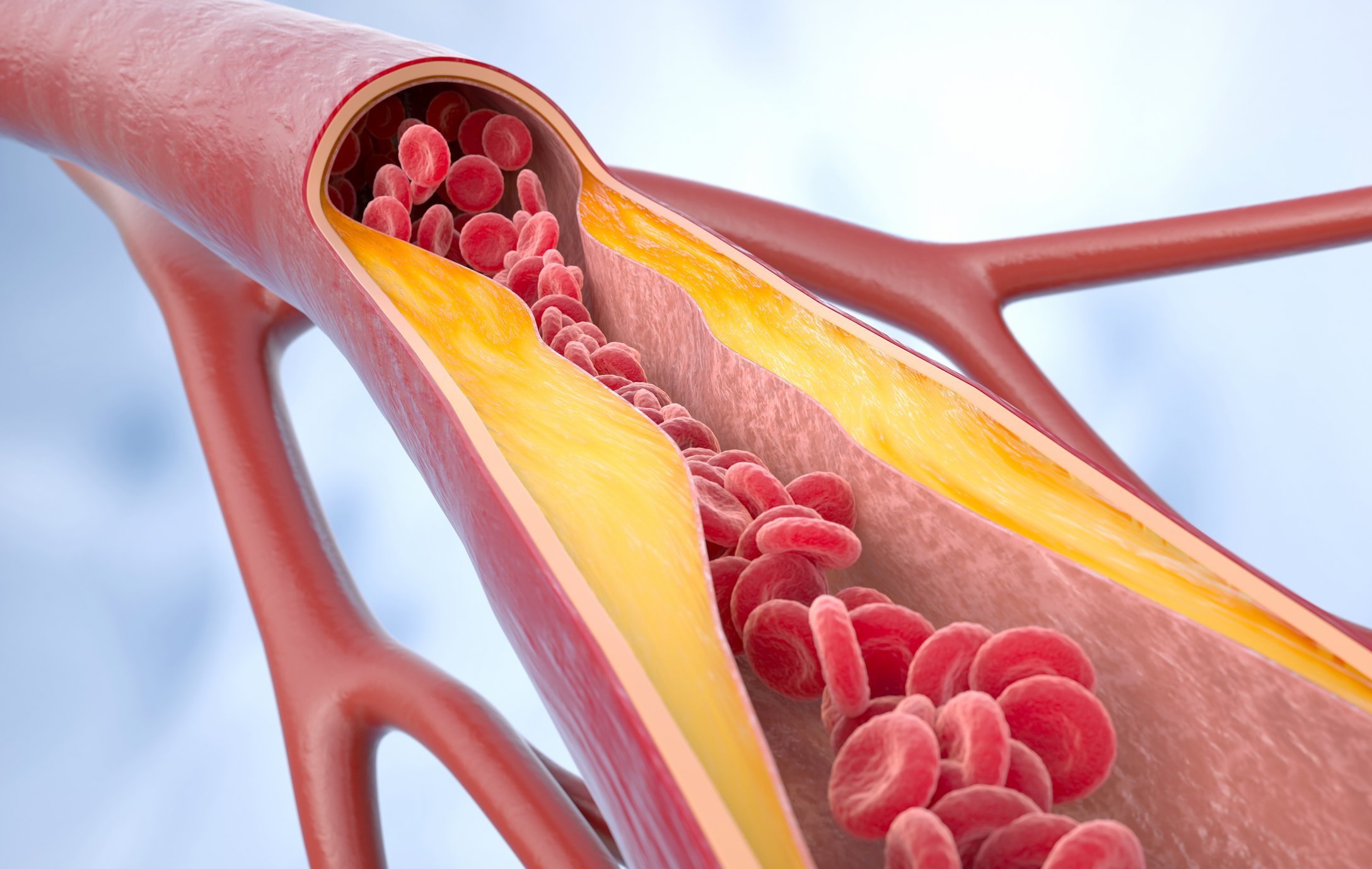Meningitis caused by pneumococcus accounts for approximately 0.6% of all deaths worldwide, placing it in the top ten list of infections worldwide. An international research team has now gained important insights into pneumococcal survival strategies.
Meningitis caused by pneumococci accounts for about 0.6% of all deaths worldwide. Bacterial meningitis is thus in the list of the ten most important infections worldwide. Researchers from the University and University Medical Center Greifswald from the Interfaculty Institute for Genetics and Functional Genome Research (C_FunGene), the Neurological Clinic at the LMU Munich Hospital and other international researchers were involved in the study.
One of the most feared invasive pathologies of pneumococci is meningitis. This disease is often caused by the spread of bacteria through the bloodstream and the crossing of the blood-brain/ cerebrospinal fluid (CSF) barrier by pneumococci. More rarely, it is the result of a localized focus of pus, as can occur with otitis media. The mortality rate in children is between five and ten percent, and as high as 80 percent in high-risk and elderly patients. The increasing antibiotic resistance of pneumococci complicates treatment despite improved therapies and necessitates the development of preventive or novel intervention strategies. To do this, understanding the disease process – pathogenesis – and the bacterial pathogen in its host environment is critical.
In an innovative approach using an experimental meningitis model and proteomic analysis, the interdisciplinary research team analyzed the in vivo proteome of pneumococci after isolating the bacteria from the cerebrospinal fluid (CSF) of mice. This identified proteins in pneumococci that were increased in production. It was a transport protein for so-called oligopeptides and a regulator protein that controls the uptake of extracellular DNA. The importance of these proteins was demonstrated by further studies in the experimental meningitis model. The absence of the pneumococcal proteins led to reduced brain hemorrhages and reduced immigration of immune cells,” explains Prof. Sven Hammerschmidt of the University of Greifswald. Furthermore, these pneumococcal mutants were able to cross the blood-brain/liquor barrier only to a small extent.
The results demonstrate the importance of gaining insight into the physiology and pathophysiology of pneumococci under infection conditions in order to develop new targets for preventive or therapeutic interventions.
Further reading:
- Schmidt F, Kakar N, Meyer TC, et al: (2019). In vivo proteomics identifies the competence regulon and AliB oligopeptide transporter as pathogenic factors in pneumococcal meningitis. PLoS Pathogens 15:e1007987
Source: University of Greifswald (D)
InFo NEUROLOGY & PSYCHIATRY 2019; 17(5): 14.











